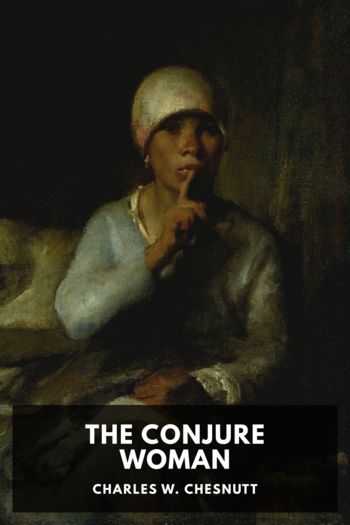The Lives of the Caesars, Suetonius [best book club books for discussion .TXT] 📗

- Author: Suetonius
Book online «The Lives of the Caesars, Suetonius [best book club books for discussion .TXT] 📗». Author Suetonius
He introduced other innovations too, among them these: that the proceedings of the senate should not be published;122 that magistrates should not be sent to the provinces immediately after laying down their office; that a fixed sum should be allowed the proconsuls for mules and tents, which it was the custom to contract for and charge to the State; that the management of the public treasury should be transferred from the city quaestors to ex-praetors or praetors; and that the centumviral court,123 which it was usual for ex-quaestors to convoke, should be summoned by the Board of Ten.124
To enable more men to take part in the administration of the State, he devised new offices: the charge of public buildings, of the roads, of the aqueducts, of the channel of the Tiber, of the distribution of grain to the people, as well as the prefecture of the city, a board of three for choosing senators, and another for reviewing the companies of the knights whenever it should be necessary. He appointed censors, an office which had long been discontinued. He increased the number of praetors. He also demanded that whenever the consulship was conferred on him, he should have two colleagues instead of one; but this was not granted, since all cried out that it was a sufficient offence to his supreme dignity that he held the office with another and not alone.
He was not less generous in honouring martial prowess, for he had regular triumphs125 voted to above thirty generals, and the triumphal regalia to somewhat more than that number.
To enable senators’ sons to gain an earlier acquaintance with public business, he allowed them to assume the broad purple stripe immediately after the gown of manhood and to attend meetings of the senate; and when they began their military career, he gave them not merely a tribunate in a legion, but the command of a division of cavalry as well; and to furnish all of them with experience in camp life, he usually appointed two senators’ sons to command each division.
He reviewed the companies of knights at frequent intervals, reviving the custom of the procession after long disuse. But he would not allow an accuser to force anyone to dismount as he rode by, as was often done in the past; and he permitted those who were conspicuous because of old age or any bodily infirmity126 to send on their horses in the review, and come on foot to answer to their names whenever they were summoned. Later he excused those who were over thirty-five years of age and did not wish to retain their horses from formally surrendering them.
Having obtained ten assistants from the senate, he compelled each knight to render an account of his life, punishing some of those whose conduct was scandalous and degrading others; but the greater part he reprimanded with varying degrees of severity. The mildest form of reprimand was to hand them a pair of tablets publicly, which they were to read in silence on the spot. He censured some because they had borrowed money at low interest and invested it at a higher rate.
At the elections for tribunes if there were not candidates enough of senatorial rank,127 he made appointments from among the knights, with the understanding that after their term they might remain in whichever order they wished. Moreover, since many knights whose property was diminished during the civil wars did not venture to view the games from the fourteen rows128 through fear of the penalty of the law regarding theatres, he declared that none were liable to its provisions, if they themselves or their parents had ever possessed a knight’s estate.
He revised the lists of the people district by district, and to prevent the commons from being called away from their occupations too often because of the distributions of grain, he determined to give out tickets for four months’ supply three times a year; but at their urgent request he allowed a return to the old custom of receiving a share every month. He also revived the old time election privileges,129 trying to put a stop to bribery by numerous penalties, and distributing to his fellow members of the Fabian and Scaptian tribes130 a thousand sesterces a man from his own purse on the day of the elections, to keep them from looking for anything from any of the candidates.
Considering it also of great importance to keep the people pure and unsullied by any taint of foreign or servile blood, he was most chary of conferring Roman citizenship and set a limit to manumission. When Tiberius requested citizenship for a Grecian dependent of his, Augustus wrote in reply that he would not grant it unless the man appeared in person and convinced him that he had reasonable grounds for the request; and





Comments (0)